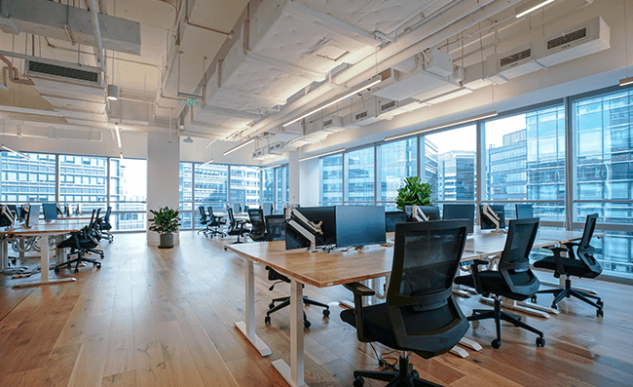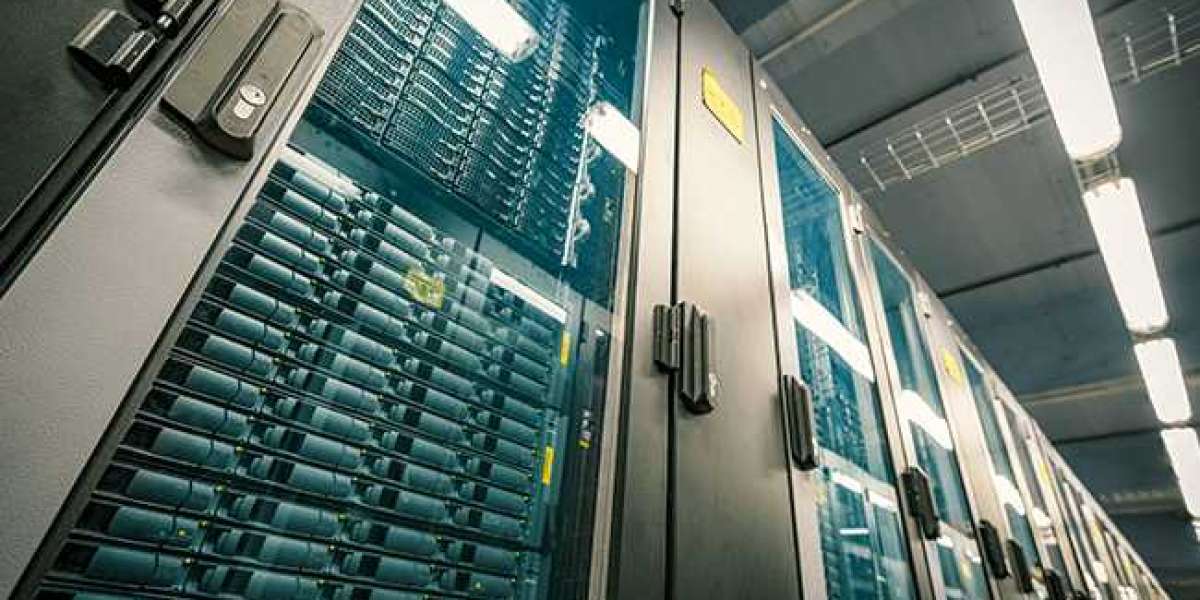Choosing the right commercial air conditioning system is crucial for UK businesses aiming to maintain a comfortable environment for employees and customers alike. With the UK's variable climate, an efficient air conditioning system not only ensures comfort but also contributes to energy savings and regulatory compliance. This guide delves into the various types of commercial air conditioning systems, key considerations for selection, cost implications, and the benefits of professional installation and maintenance.
Understanding Commercial Air Conditioning Systems
Commercial air conditioning systems are essential for maintaining optimal indoor environments in various commercial settings. These systems are specifically engineered to handle the unique demands of larger spaces, offering advanced features to regulate temperature, humidity, and air quality effectively. Understanding the different types of commercial air conditioning systems is crucial for businesses aiming to select the most suitable solution for their specific needs.
Single Split Systems
Single-split systems are a straightforward and cost-effective solution for small commercial spaces such as individual offices, retail shops, or cafés. Each indoor unit is paired with a corresponding outdoor unit, allowing for independent control of the climate in each area. This setup ensures that a malfunction in one unit doesn't affect the operation of others, providing reliability and ease of maintenance. However, the requirement for a separate outdoor unit for each indoor unit can occupy significant exterior space, which may be a consideration in densely built environments.
Multi-Split Systems
Multi-split systems are designed to cool multiple rooms or larger spaces by connecting several indoor units to a single, more substantial outdoor unit. This configuration is ideal for medium-sized commercial areas such as restaurants, large offices, or retail stores with multiple rooms. The ability to control the temperature of each indoor unit individually offers flexibility and energy efficiency, as unoccupied areas can have their cooling reduced or turned off. However, the installation of multi-split systems is more complex due to the extensive piping and ductwork required, which can lead to higher initial costs and longer installation times.
Variable Refrigerant Flow (VRF) or Variable Refrigerant Volume (VRV) Systems
VRF/VRV systems represent a sophisticated solution suitable for large commercial buildings with multiple zones, such as hotels, expansive office complexes, or multi-storey retail spaces. These systems consist of a single outdoor unit connected to multiple indoor units, with the capability to modulate the flow of refrigerant to each indoor unit precisely. This modulation allows for simultaneous heating and cooling in different areas, catering to diverse comfort requirements within the same building. The high energy efficiency of VRF/VRV systems can lead to significant operational cost savings over time. However, they come with a higher initial investment and require specialised installation and maintenance due to their complexity.
Selecting the appropriate commercial air conditioning system depends on various factors, including the size of the space, the specific cooling requirements, energy efficiency goals, and budget constraints. By carefully evaluating these factors, businesses can choose a system that ensures a comfortable environment for occupants while optimising operational costs.
Key Factors to Consider When Choosing a Commercial Air Conditioning System
Selecting the appropriate system involves evaluating several critical factors:
- Cooling Capacity: Ensure the system's capacity aligns with the size and layout of your space. An undersized unit may overwork, while an oversized unit can lead to inefficiencies.
- Energy Efficiency: Opt for systems with high energy efficiency ratings to reduce operational costs and environmental impact.
- Installation and Maintenance: Consider the complexity of installation and the availability of maintenance services. Some systems may require more frequent upkeep.
- Noise Levels: In environments where noise is a concern, such as offices or healthcare facilities, select systems known for quiet operation.
- Compliance with UK Regulations: Ensure the chosen system meets local building codes and environmental standards.
Comparative Analysis of Commercial Air Conditioning Systems
Understanding the pros and cons of each system type can aid in making an informed decision.
System Type | Ideal For | Pros | Cons |
Single Split | Small spaces | Cost-effective, easy installation | Requires an outdoor unit for each indoor unit |
Multi-Split | Medium-sized spaces | Saves outdoor space, individual room control | Higher installation cost, complex setup |
VRF/VRV | Large buildings | Energy-efficient, simultaneous heating/cooling | High initial investment, complex maintenance |
Cost Considerations
The financial aspect of installing and operating a commercial air conditioning system encompasses initial investment, operational costs, and maintenance expenses.
- Initial Investment: Costs vary based on system type and building size. For instance:
- Single Split Systems: Approximately £1,500 to £3,000 per unit, suitable for smaller spaces.
- VRF/VRV Systems: Ranging from £10,000 to £75,000, depending on complexity and building size.
- Operational Costs: Energy consumption depends on system efficiency and usage patterns. On average, air conditioners cost about 24.5p per kilowatt-hour (kWh) to run.
- Maintenance Expenses: Regular maintenance is essential to ensure optimal performance and longevity. Costs can vary based on system complexity and service provider.
Cost Disclaimer: The costs mentioned are estimates and may vary based on factors such as location, system type, and installation complexity. For more info on cost, please contact Hamilton Air Conditioning.
Benefits of Professional Installation and Maintenance
Engaging professionals for installation and maintenance offers several advantages:
- Expertise: Certified technicians ensure correct installation, enhancing system efficiency and lifespan.
- Compliance: Professionals are well-versed in local regulations, ensuring installations meet all legal requirements. In cities like air conditioning London, businesses must adhere to specific building and environmental standards, making professional guidance essential.
- Reliability: Regular maintenance by experts helps prevent unexpected breakdowns and costly repairs.

Making the Right Choice for Your Business
To determine the most suitable air conditioning system:
- Assess Your Needs: Evaluate the size of your space, number of occupants, and specific cooling requirements.
- Consult Professionals: Seek expert advice to explore options that align with your operational needs and budget.
- Consider Future Growth: Choose a system that can adapt to potential expansions or changes in usage.
Conclusion
Investing in the right commercial air conditioning system is a strategic decision that enhances comfort, efficiency, and compliance. By understanding the various systems available and considering key factors such as energy efficiency, installation, and maintenance, UK businesses can make informed choices that align with their operational needs and financial considerations. For expert guidance and professional services, Hamilton Air Conditioning is committed to assisting businesses in creating optimal indoor environments.







